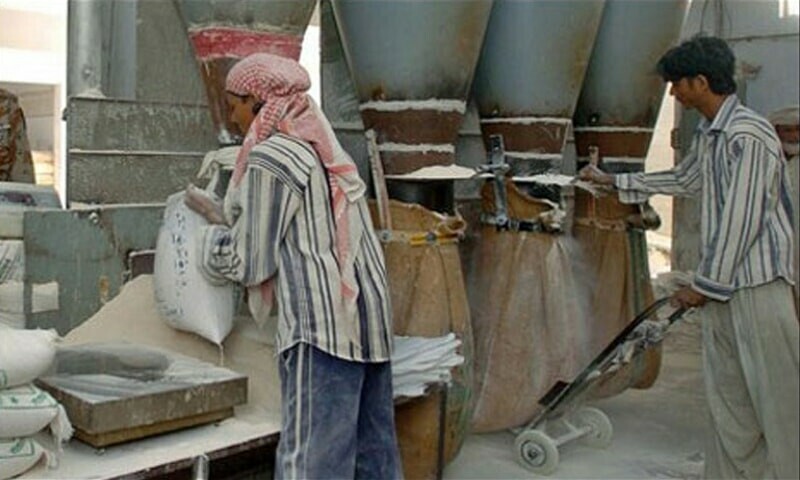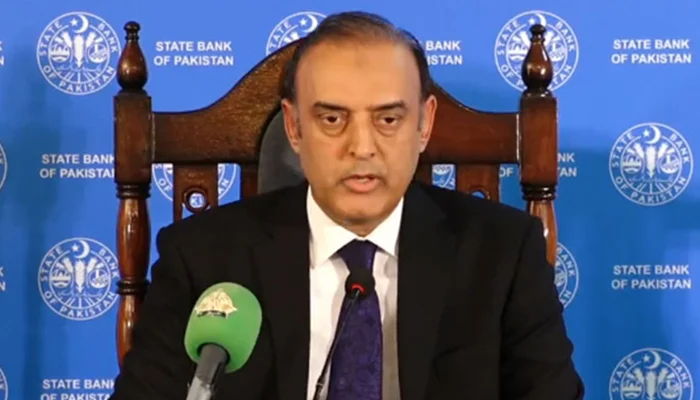Hundreds of flour mills across Pakistan resumed normal operations on Sunday after temporarily suspending their nationwide strike, which was initially called in protest of a newly imposed withholding tax. This suspension, which will last until July 22, brought much-needed relief to citizens who had feared a prolonged strike would lead to a severe shortage of essential food items.
The strike had left many citizens deeply concerned about the availability of flour, a staple in Pakistani households. With the threat of an extended strike looming, fears grew that living conditions, particularly for the poor, would become unbearable. “The stock was completely exhausted. If the strike had not ended, there would have been a crisis,” said a shopkeeper from Samanabad on Sunday. This sentiment was echoed by many who had witnessed the dwindling supplies on store shelves.
The resolution of the strike came as a result of successful negotiations led by Punjab Chief Minister Maryam Nawaz. The leadership of the Flour Mills Association was convinced to postpone their protest, ensuring that the mills in Punjab would not continue their strike against the imposition of the withholding tax. Citizens expressed their gratitude towards the Chief Minister for her role in resolving the strike and emphasized the need for ongoing government intervention to control inflation and curb the influence of powerful mafias. “The government should take measures to prevent such strikes in the future,” one citizen remarked, while another added, “Inflation has already made life difficult.”
The Pakistan Flour Mills Association (PFMA), representing over 900 mills, initiated the strike on Thursday in response to a new 5.5 percent withholding tax imposed on flour mill sales in the federal budget for the fiscal year 2024-25, which took effect on July 1. The PFMA argued that this tax, along with additional withholding taxes, would place an undue burden on both millers and consumers.
According to the PFMA, the government has mandated that flour mills collect an additional 2.5 percent withholding tax on the sale of essential commodities to non-filer retailers and 2 percent from non-filer wholesalers. Additionally, millers must now collect a 0.5 percent withholding tax on flour sales from filer retailers and 0.10 percent from filer wholesalers. These new tax requirements were seen as excessive by the flour mills, prompting the strike that threatened to disrupt the nation’s flour supply.
The government’s response, facilitated by Chief Minister Maryam Nawaz, aimed to address the concerns of the flour mills while ensuring that the supply of flour to the public was not interrupted. The negotiations resulted in the temporary suspension of the strike, allowing time for further discussions and potential adjustments to the tax policies. This proactive approach by the government helped to avert a crisis and demonstrated a commitment to balancing fiscal policies with the needs of both businesses and consumers.
The strike and its resolution highlight the broader economic challenges facing Pakistan, particularly the impact of inflation and taxation on essential goods. Withholding taxes, intended to increase government revenue, often have significant repercussions for both producers and consumers. The situation with the flour mills underscores the importance of carefully considering the economic implications of tax policies and the need for dialogue between the government and industry stakeholders.
Moving forward, it will be crucial for the government to engage with the PFMA and other industry groups to develop tax policies that support economic growth while ensuring that essential goods remain affordable for the public. Preventing future strikes will require a collaborative approach that addresses the concerns of businesses while safeguarding the interests of consumers.




